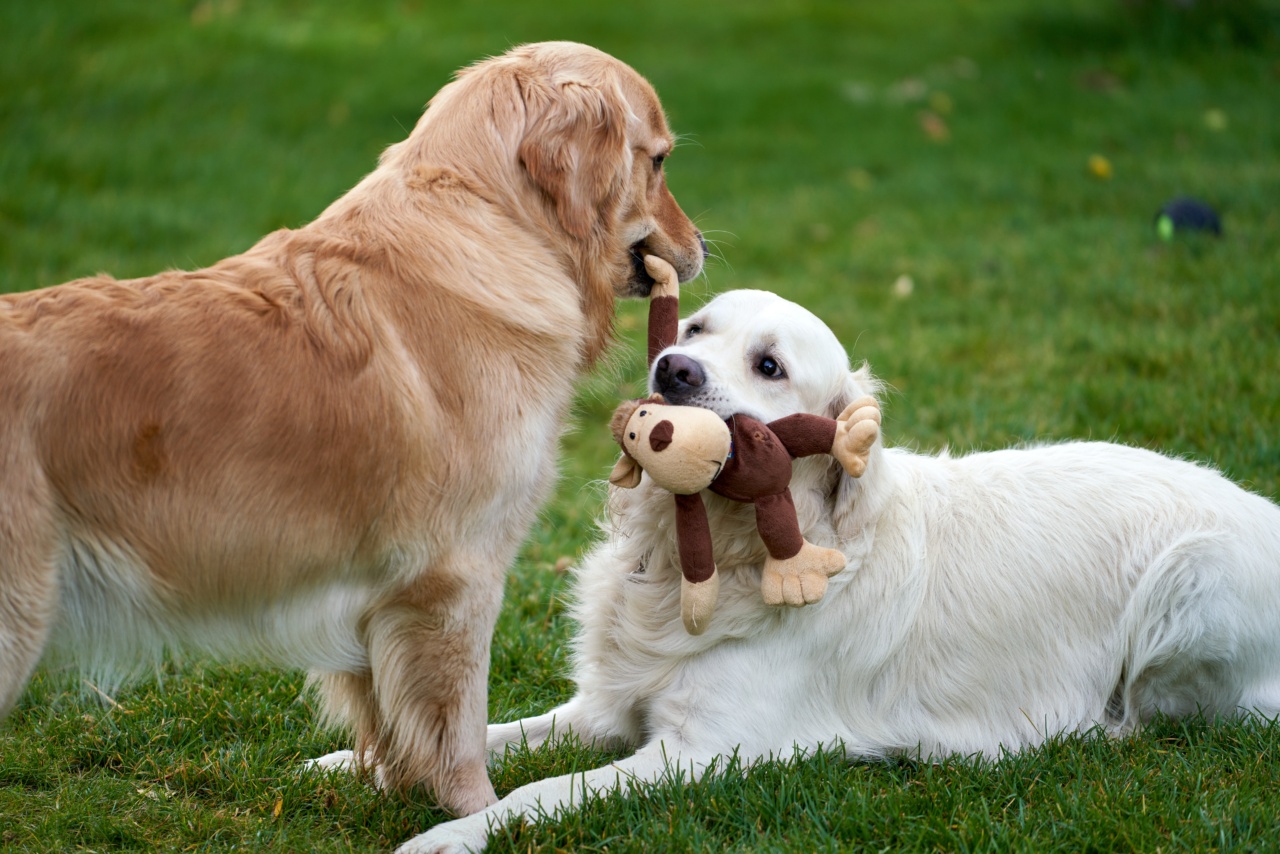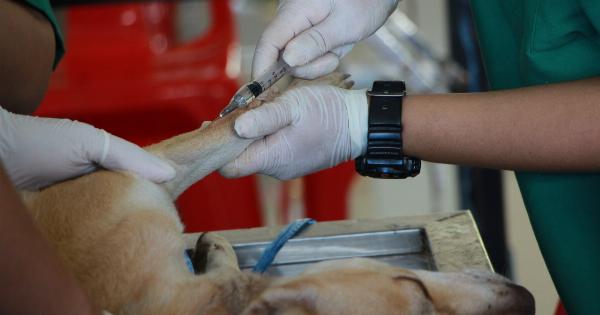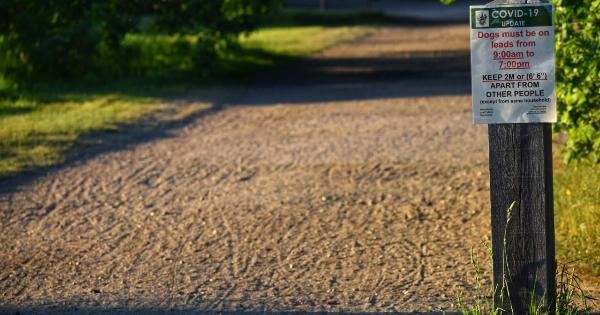Dogs are known for their loyal and loving nature, making them one of the most beloved pets all over the world. However, just like humans, dogs are bound to make mistakes in their behavior.
As responsible pet owners, it is important to address these mistakes and work towards correcting them. But should we go as far as holding dogs accountable for their mistakes? This is a controversial topic that elicits different opinions from various individuals.
In this article, we will explore the idea of holding dogs accountable for their mistakes and the implications of such actions.
Understanding dog behavior
In order to discuss holding dogs accountable for their mistakes, it is crucial to understand the nature of dog behavior. Dogs are instinct-driven animals that rely on their natural instincts and conditioning to survive and thrive.
While they can be trained to follow commands and perform various tasks, it is important to remember that they are still animals. Dogs do not possess the same level of cognitive functions as humans, making it challenging for them to fully comprehend the concept of accountability.
When a dog exhibits undesirable behavior, it is usually driven by factors such as fear, anxiety, lack of socialization, or simply not understanding what is expected of them.
Holding a dog accountable for their mistakes implies that they possess a level of cognitive awareness and intentionality that may not align with reality.
Effective training methods
Training plays a crucial role in shaping a dog’s behavior and ensuring that they become well-behaved members of society. However, it is important to focus on effective training methods rather than holding them accountable for their mistakes.
Dogs respond best to positive reinforcement techniques, where desired behaviors are rewarded and encouraged, while undesirable behaviors are redirected and ignored.
Punishing a dog for its mistakes can have detrimental effects on their overall behavior and mental well-being. This can lead to fear and aggression, making the situation worse instead of better.
By using positive reinforcement methods, we can focus on rewarding and encouraging good behavior, helping dogs understand what is expected of them without causing any harm or distress.
The role of responsible ownership
While dogs may not fully comprehend the idea of accountability, responsible ownership does play a significant role in shaping their behavior.
As pet owners, it is crucial to provide proper training, socialization, and a safe environment for our furry companions. By taking responsibility for their well-being, we can minimize the occurrence of undesirable behavior and create a positive and harmonious bond with our pets.
Responsible ownership involves understanding a dog’s needs, providing adequate exercise and mental stimulation, and seeking professional help if necessary.
By being proactive and offering the necessary guidance, we can help our dogs become well-adjusted and obedient members of our households.
The importance of patience and empathy
Patience and understanding are key elements when it comes to addressing a dog’s mistakes. Dogs are constantly learning and evolving, just like humans.
It is important to approach their mistakes with empathy and provide them with the necessary guidance and support, rather than focusing solely on accountability.
By showing patience and empathy, we can work towards correcting the mistakes and reinforcing positive behaviors.
Dogs thrive in an environment where they feel safe and loved, and it is our responsibility to provide that environment while guiding them towards better behavior.
Common misunderstandings
When discussing whether we should hold dogs accountable for their mistakes, it is important to address some common misunderstandings.
One of the misconceptions is that holding a dog accountable will prevent them from repeating the same mistake in the future. However, dogs do not have the ability to rationalize their actions and understand consequences in the same way humans do.
While they can be trained to avoid certain behaviors through conditioning, expecting them to understand consequences and feel remorse may not be fair or realistic.
Another misunderstanding is that holding dogs accountable for their mistakes will improve their behavior. As mentioned earlier, punishment and harsh disciplinary actions can actually worsen a dog’s behavior and lead to more issues in the long run.
Positive reinforcement, on the other hand, has been proven to be highly effective in shaping a dog’s behavior and promoting positive learning experiences.
Conclusion
In conclusion, it seems unreasonable to hold dogs accountable for their mistakes. Dogs are animals with limited cognitive abilities, driven by instincts and conditioning.
Instead of focusing on accountability, it is vital to embrace effective training methods that rely on positive reinforcement and responsible ownership. By approaching their mistakes with patience and empathy, we can create a loving and nurturing environment that helps dogs learn and grow.





























